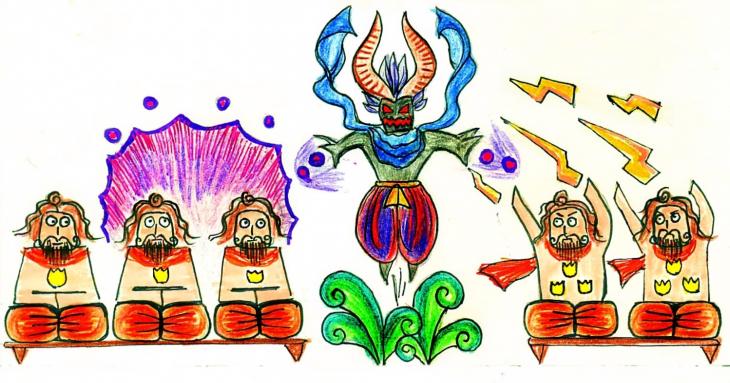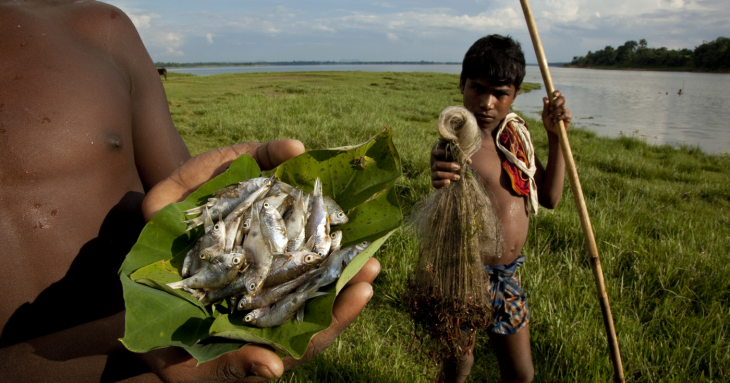-
Mistakes can be good
Mistakes are rarely rewarded. Intuitively, one would imagine that a shoddy typist at an office who keeps generating typos would either quickly lose their job, or at least be overlooked for promotion. The idea that this person could in fact benefit from being shoddy and rise above others professionally is counter intuitive, and yet we see this in cells! Like humans, cells too constantly make mistakes. Most of the work within cells is carried out by biomolecules called proteins; without these, cells would not exist.
-
The National Mission on Biodiversity and Human Well-Being: For a greener, healthier, and more sustainable way of life
The National Mission on Biodiversity and Human Well-Being is an ambitious initiative that aims to bring biodiversity and conservation to the forefront of Indian science, policy, and society’s attention. The Mission has been visualized to be as inclusive as possible, with components that involve scientific institutions, government agencies, and non-government organizations at the national, state, and local levels. The people who will power the Mission will include scientists, farmers, industrialists, students, policy makers, and citizens from all walks of life.
-
-
Congratulations! Prof. Upi Bhalla awarded Sastra-Obaid Siddiqi Award 2020
Prof. Upinder S. Bhalla has been awarded the SASTRA-Obaid Siddiqi Award 2020 for his contributions to the Life Sciences. On National Science Day, 28th February 2020, he delivered a lecture to students at Sastra University titled: “Molecules, memory & math models”. He emphasised some of Prof Obaid Siddiqi's qualities of being positive and adventurous in his science and his career choices.
-
NCBS method to detect virus associated with a rare skin cancer
Team adapts gene editing tool to detect the presence of Merkel cell polyoma virus in the tumours
-
Zebrafish reveal how to run faster
The results show that motor neurons are capable of altering behavioural output
















